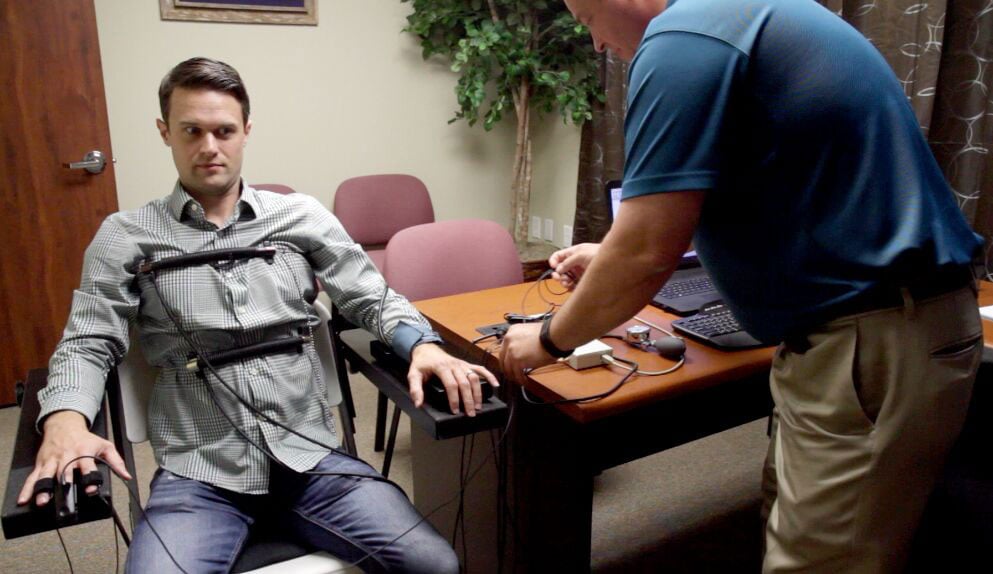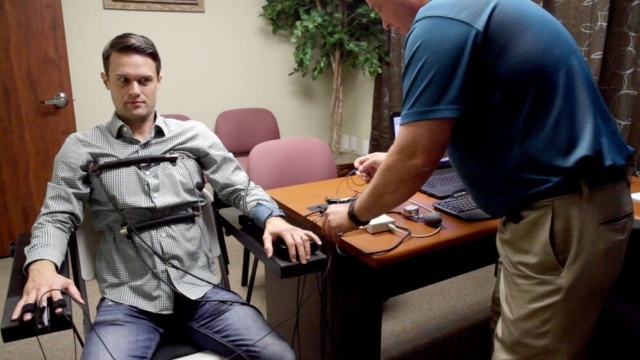
Welcome to the fascinating world of lie detector tests, where science meets deception. As humans, we are naturally inclined to seek out the truth amidst a sea of lies, and lie detector tests have long been heralded as a tool to uncover hidden truths. These tests, also known as polygraph examinations, have been portrayed in movies and TV shows as the ultimate arbiter of honesty and deceit. But how reliable are they really? Can a machine truly detect when a person is lying, or are there more complexities at play than meets the eye? Let’s delve into the intricate web of deception and unravel the mysteries behind lie detector tests.
Polygraph
History of Lie Detector Tests
Lie detector tests, also known as polygraph examinations, have a long and intriguing history. The concept of using physiological responses to detect deception dates back to the early 20th century, with the first modern polygraph invented by John Augustus Larson in the 1920s.
Over the years, lie detector tests have been used in various settings, from criminal investigations to pre-employment screenings. Despite their widespread use, the accuracy and reliability of these tests have been a subject of much debate and controversy.
While advancements in technology have improved the accuracy of modern polygraphs, concerns about their validity and ethical implications continue to persist. As we delve deeper into the world of lie detector tests, it is essential to consider their history and evolution in the realm of detecting deception.
Accuracy of Lie Detector Tests
Lie detector tests are often viewed as a reliable tool for detecting deception. Advocates claim that these tests can accurately determine if someone is lying based on physiological responses such as heart rate, blood pressure, and sweating. However, critics argue that the accuracy of lie detector tests is not foolproof and can be influenced by various factors.
Research has shown that the accuracy of lie detector tests can be affected by the individual’s mental state and physiological condition. Factors such as anxiety, stress, or medical conditions can impact the results of the test, leading to false positives or false negatives. Additionally, the skill and training of the examiner administering the test can also play a significant role in determining the accuracy of the results.
Despite these limitations, some proponents argue that when conducted by trained professionals in controlled environments, lie detector tests can still provide valuable insights into the truthfulness of individuals. While not infallible, they can be a useful tool in certain situations where uncovering deception is crucial.
Ethical Consideration
When it comes to lie detector tests, there are important ethical considerations that must be taken into account. One key issue is the potential for false results, leading to unjust outcomes for individuals undergoing the test. This raises concerns about the reliability and fairness of using lie detectors as a tool for determining truth.
Another ethical concern is the invasive nature of lie detector tests, which can feel like a violation of privacy to some individuals. The physical and psychological impact of being subjected to such a test should not be overlooked, and careful consideration should be given to the well-being of those being tested.
Furthermore, the use of lie detector tests raises questions about the presumption of innocence and the right to remain silent. It is crucial to ensure that individuals are not coerced or pressured into taking a lie detector test, and that their rights are fully respected throughout the process.



